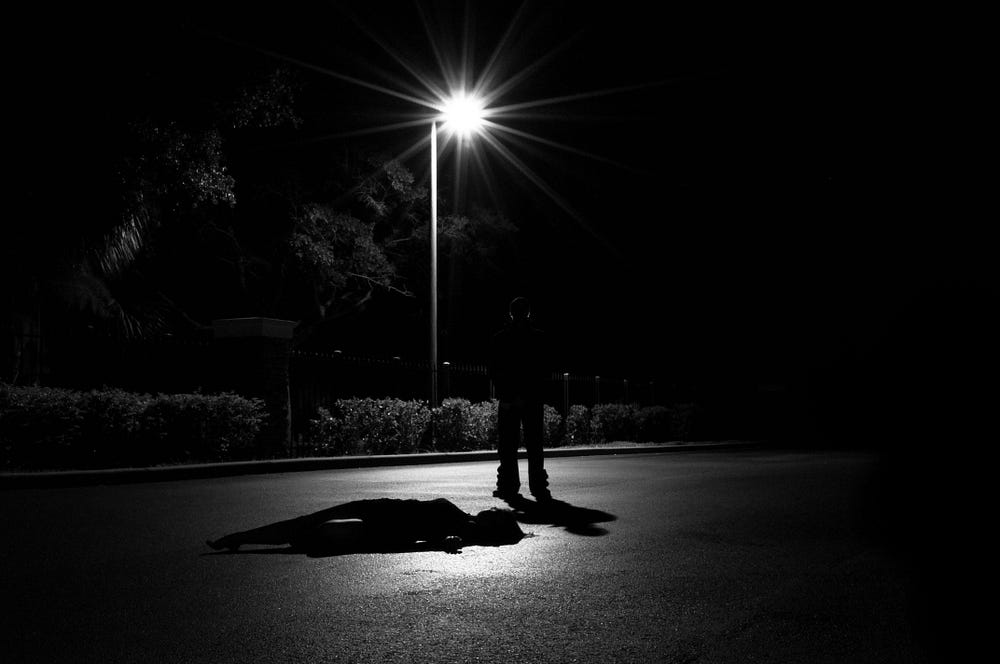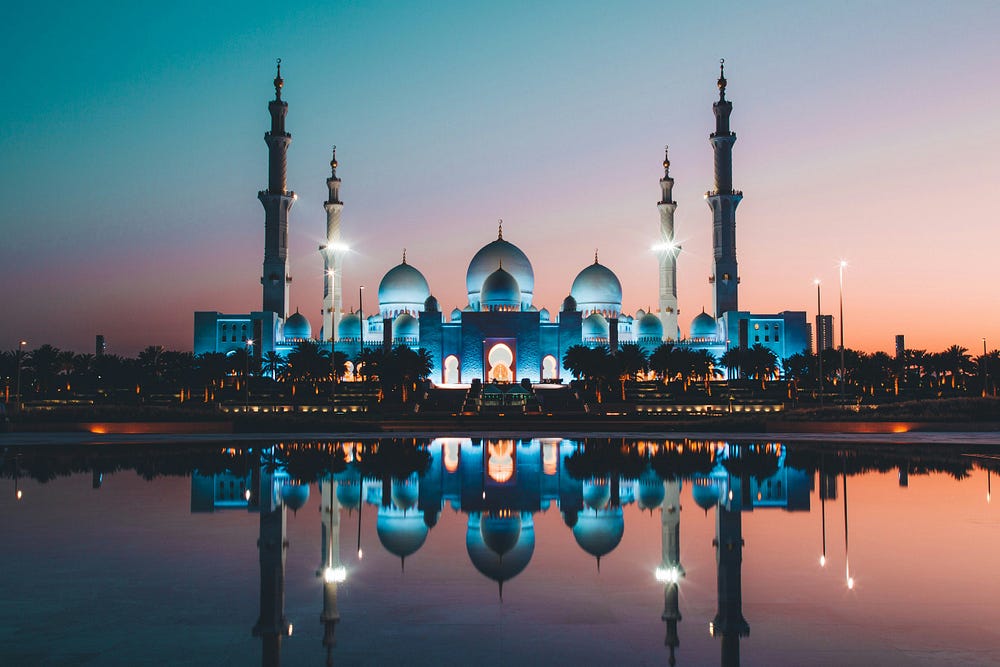Tragedy of Ignorance: The Bluff Faith Healers
Mohd Ishaq Shah ✉
Little learning is a dangerous Thing. And it is folly to be wise where ignorance is Bliss. (Alexander Pope)

It is deeply concerning that in this modern era of advanced communication and medical technology, people continue to fall victim to fake faith healers, known as “Doongee Babaas.” The irony is that despite the well-documented and severe consequences of these self-proclaimed “peers,” the public memory seems to be short-lived. Even after witnessing incidents like those involving Gulzaar Peer, Lass’ Bab, and others in the historical knowledge and philosophy-rich region of North Kashmir, people remain unalarmed and quickly forget about these occurrences.

A faith healer, Ghulam Rasool (Lass Bab), was arrested by the police in Handwara, North Kashmir, for allegedly stabbing a woman from the Magam area. The incident occurred when the woman visited the faith healer in the Chogal area. The faith healer repeatedly hit the woman on her head, causing critical injuries. She was rushed to the associated hospital GMC Handwara, where doctors referred her to a Srinagar hospital, where she was declared dead. The Handwara police immediately registered a case and arrested the faith healer. Dozens of the faith healer’s followers resisted his arrest, but they were removed by the police. The police have registered a case under relevant sections of the law and are conducting further investigations.


- Allah has the power to cure any illness, as He is capable of greater feats like creating the heavens and earth.
- Seeking Shifa through treatment and dua is encouraged, but the outcome is ultimately determined by Allah’s wisdom.
- The act of making dua for shifa is rewarded, regardless of the outcome.
- This highlights the importance of maintaining faith in Allah’s power and wisdom, while also pursuing legitimate medical treatment when faced with illness or disease.

Qur’anic healing (al’ilaj bi-lqur’an) is a traditional spiritual healing method based on the Quran, practised in various Muslim communities to treat mental afflictions and other ailments. This practice raises the broader issue of religious and cultural-related healing and the potential for cooperation between physicians and healers.
A criminal court case brought before the Israeli Supreme Court in the mid-1950s is used to discuss the legal and ethical aspects of Qur’anic healing, including healers’ liability, the right to practice healing, and the legal risks involved in various treatment methods. The legal analysis is based on both Israeli and Muslim law, demonstrating how similar legal results can be achieved through different legal systems and practices.

In this age of information and communication technology, people have easy access to the Quran, hadith, and the life histories of various saints. Yet, the question remains — why do people still fall prey to false dogmatism and faith-healing practices?
As Muslims, we are obligated to strictly follow the Quran and hadith and seek clarification from religious scholars when needed. The current scenario in Kashmir, with its many man-made disasters and conflicts between various sects and groups, calls for the use of logic and reason.
The educated community and the intelligentsia should not remain silent spectators in the face of such challenges. They have a responsibility to provide guidance and leadership in addressing these issues and to ensure that people do not fall victim to exploitative and unethical faith healing practices.

The Prophet Muhammad (peace be upon him) once encountered a situation where his companions asked if they should leave their camels untethered and simply trust in Allah. The Prophet’s response was clear — “Tether the camels and then believe in Allah.” This incident demonstrates that Islam has a foundation in logic and reasoning and does not encourage blind or illogical following.
The tragedy is that many people today do not thoroughly study the Quran and hadith. This leads them to fall victim to exploitative individuals and unethical practices, rather than relying on rational and informed decision-making.
The need of the hour is for people to become more aware of these issues and approach them with greater rationality, rather than being driven solely by emotion. By understanding the true teachings of Islam, which emphasize the importance of reason and evidence, individuals can avoid being misled by false faith healers and other such figures.





